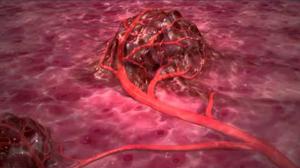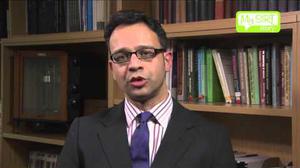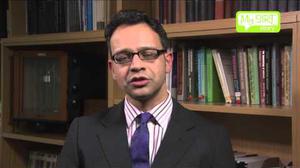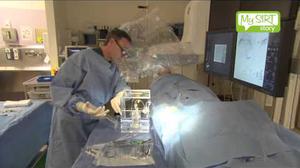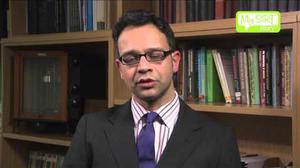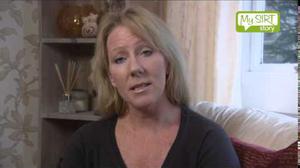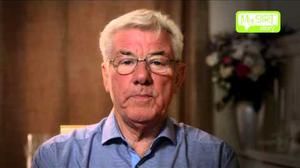
What is cancer?
The body is made up of trillions of tiny building blocks called cells. Cancer occurs when healthy cells malfunction and start to grow uncontrollably in a specific part of the body. When this happens, old cells do not die when they should and new cells form when the body does not need them. The extra cells may form a lump of tissue called a tumour that can affect the function of that part of the body and may lead to death.
How does cancer spread?
Cancerous cells can break-off from the original source of the cancer (also known as the primary cancer) and travel to other parts of the body. These cells are called metastases (pronounced met-ass-ta-sees) and cause cancer to spread to unaffected areas of the body where new tumours grow (also known as secondary cancers). There are more than 200 different types of primary cancer that affect different parts of the
body.
What causes cancer?
There is still a lot to be learned about why and how cancer develops. Some examples of cancer risk factors are listed below:
- Cancer causing chemicals (carcinogens)
- Increasing age
- Weak immune system
- Some viruses and bacteria
- Smoking
- Environmental factors
- Genetic make-up
- Alcohol
- Obesity
Even though there appears to be so many causes, it is important to know that it usually takes exposure to a combination of risk factors for cancer to develop. In addition, not everyone is affected by risk factors in the same way explaining why some people develop cancer and others do not.
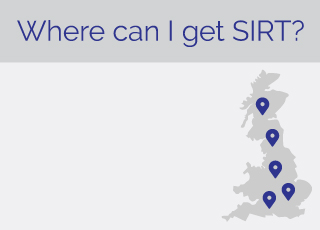
There are three ways in which you can get SIRT treatment:














